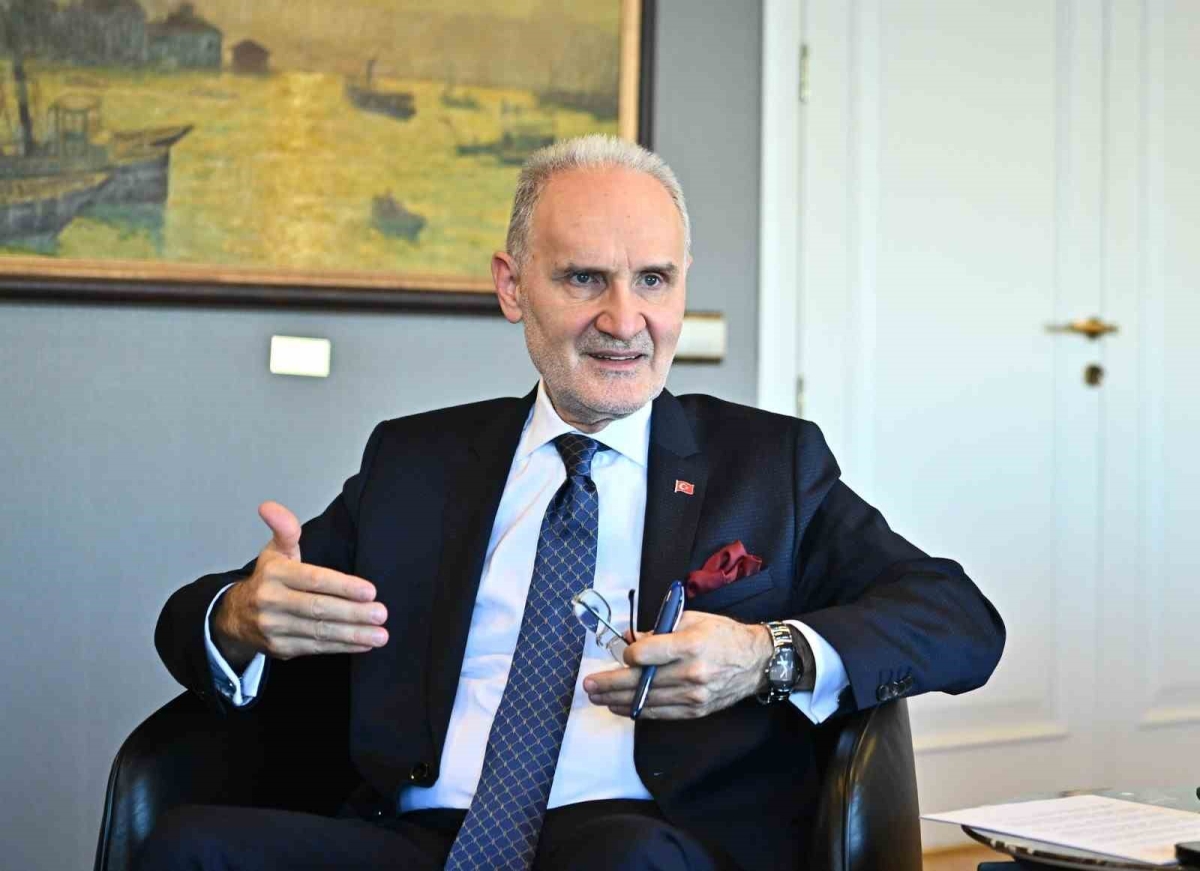Sunak's new appointment and economic difficulties… History does not show that many prime ministers were appointed interim periods along with their predecessors. Sunak has two unsuccessful predecessors. This is really not good.
It doesn't help that Sunak continues the same policies in his role and doesn't change anything. First, he did not speak to anyone, not even lawmakers, during this campaign. Second, his speech to the Tories at headquarters yesterday was as harsh as anything Truss had ever done. Third, the issues he has to address justify his feeling of being overwhelmed, given the near impossibility of appeasing his back rows on almost any of them. All solvable, but not by a Tory.
What do we have ahead of us;
Brexit that doesn't work and will never work.
Partition over Northern Ireland.
Scotland wishing to leave the Union, to which the Tories were unable to respond.
Covid crippling the NHS with more cases than ever before.
No progress on climate change.
Inflation that is not caused by wage demands, that is, the government and the Bank of England are trying to do by raising interest rates, is the wrong solution to the problem we are facing.
Strikes because people need inflationary wage increases to survive.
A cost of living crisis that inflation policy has not addressed.
Officially incentivized interest rate increases that greatly increased the cost of the livelihood crisis. Millions of British people face poverty and even financial poverty as a result.
In this case it is fair to assume that the UK will have:
Increasing homelessness as people cannot pay their rent or mortgage.
Overwhelmed food banks.
Starving children who may be homeless.
As a mixture of all these;
Many small businesses are in great distress because of rising interest rates and people who can't pay their mortgages or rents have nothing left to spend on anything else.
Unemployment will increase as a result.
Then pay attention to the problems of a man who wants to balance the state budget:
Forced NHS system
A failed justice system
Social care beyond fracture
An education system based on its limits
Increased defense demand
An alienated public service
Some of the implications that Sunak's policies will face;
Unemployment is predicted to increase significantly by the Bank of England.
Credit costs will increase.
Falling real wage increases increase the demand for social assistance.
Rising rents require more assistance payments.
The current cost of living crisis will also reduce some tax revenues in real terms.
Rents, mortgages and food will make up a larger portion of spending. None of them have VAT.
VAT on energy will be low.
Unprofitable companies do not pay taxes.
So are most of the unemployed.
What Sunak needs to do for balancing in the near future;
Making the markets happy
Filling the so-called 'black hole' in government finances without creating new money, as it did during the Covid period.
Sunak needs to be successful despite these limitations:
Uncompromising wild demands from the conservative party
Balanced budget demands, which is a completely wrong economic policy for the moment.
Kamikaze Bank of England's risk of crashing the economy
There are policies that Sunak can use to solve the problems she faces;
Using QE to legitimately address cost of living and ongoing Covid crises and finance spending
Telling the Bank of England to keep or even lower interest rates
Substantially reduce the interest the government pays to banks on funds held at the Bank of England
Changing the ISA and pension savings rules to finance a £100 billion a year Green New Deal to ensure sustainability and beat the recession
To provide public services and personnel with the financing they need
Preventing public sector employees from leaving once and for all by paying inflation-appropriate salary increases
To be able to pay it easily by increasing the taxes of energy companies, banks and the richest
“But the Conservatives won't let Sunak do that. Instead, they will demand the impossible from him. Markets can do the same. His inability to defy the frenzy at the Bank of England will weaken him.
Sunak could not have been better set up to fail by anyone. And I suspect it will fail. But this is not because the problems of this country cannot be solved. It could be, but not by a Tory constrained by that party while in awe of the markets and the Bank of England.
Sunak’s mission is impossible because of the restrictions imposed on him and his chosen ones. And we're all going to pay a huge price for that."
Richard Murphy - Economic justice campaigner. Professor of Accounting Practice, University of Sheffield. Chartered accountant. Political economist. Co-founder of Green New Deal.
New fiscal policy compared to Truss… After outgoing leader Liz Truss' unfunded tax cuts and a costly energy price guarantee scheme frightened the bond market last month and forced the Bank of England to intervene, the UK must restore international financial credibility.
To offset a budget deficit exacerbated by rising borrowing costs caused by the crisis, the next prime minister will likely have to oversee spending cuts and tax increases. A financial statement addressing this is due on 31 October.
This comes as the government faces pressure to help vulnerable households through a painful financial squeeze, along with a jump in mortgage costs in addition to rising food, heating and fuel prices caused by the war in Ukraine and other global factors.
Sunak, as finance minister from February 2020 to July 2022, set the UK on track to have the biggest tax burden since the 1950s. It also introduced higher public spending but also promised greater discipline and reduced waste.
During his leadership campaign, he criticized Truss's tax cut agenda and instead said he would only cut taxes once inflation was under control. At the time, she was planning to lower her income tax from 20% to 16% by 2029.
Sunak supported the independence of the Bank of England and stressed the importance of government policy in working with the central bank to tame inflation, not exacerbate it.
BoE situation… BoE raised benchmark bank rate to 2.25% from 0.1% last December. It is expected to rise again on November 3rd.
The Bank of England has confirmed that it will continue to sell £80bn of UK government bonds from the beginning of next month, one day later than planned, despite fears about volatile conditions in financial markets following the mini-budget.
The move forward comes despite swirling speculation that Threadneedle Street could be forced into a longer delay to soften the turmoil in the bond markets following Kwasi Kwarteng's poorly received mini-budget.
The process of scaling back the £838bn bond (or gilti) on its balance sheet is known as quantitative tightening (QT), which economists consider one of the Bank's most powerful tools to tackle its highest inflation rate in 40 years, rising to its highest rate in recent times.
Gilt yields fell on Monday after Jeremy Hunt's move to shelve most of the unfunded tax cuts in the mini-budget, but they remain higher than before the predecessor's announcement.
The bank said it will focus on selling short- and medium-term debt, including gilts with a remaining maturity of up to 20 years. This means that the Bank stays away from long-term bonds, which have skyrocketed in value after the mini-budget and are the biggest concern for financial stability.
Conclusion? It's been a tough year for Europe and even harder in the UK. After the resignation of Boris Johnson after multiple peripetics and Liz Truss failing to make up for Britain's economic difficulties, now it's Rishi Sunak's turn to do her best to fix the deep and multiple problems Britain is facing. .
At the moment, Sunak has not been very forthright about exactly what measures to take. But he expressed his desire for the BoE to remain independent from the government, its desire to lower income tax in the long run, and its stance to tame inflation. As finance minister for the last two years, we expect Sunak to be knowledgeable about the economy and the UK's fiscal policies. But the fact that he doesn't seem very comfortable with his new role makes us wonder how he will keep his head up and face countless problems.
On the other hand, the BoE has announced that it will start selling the massive amounts of bonds it acquired during the Covid QE era to start seriously taming inflation.
Kaynak: Tera Yatırım-Enver Erkan
Hibya Haber Ajansı






